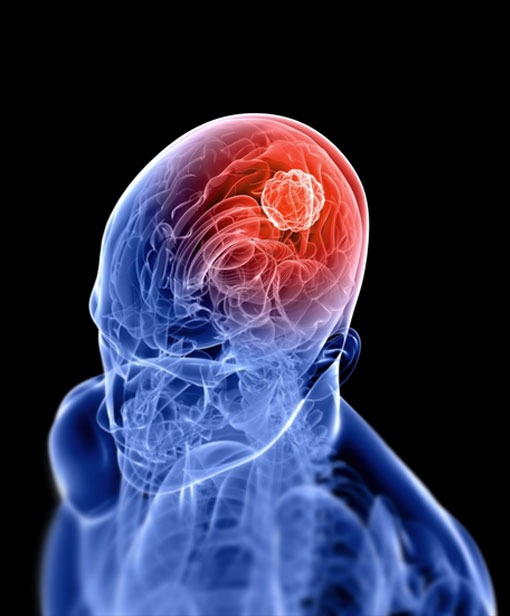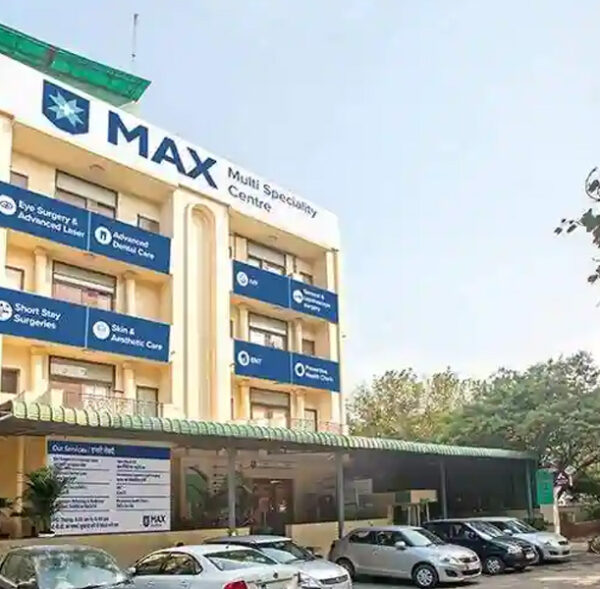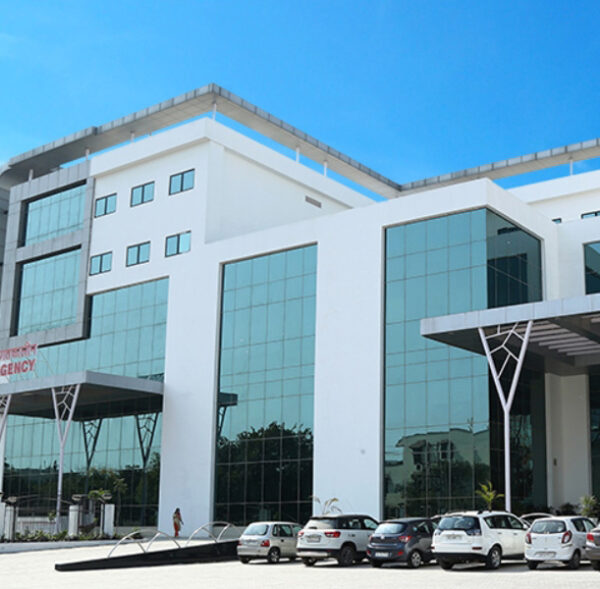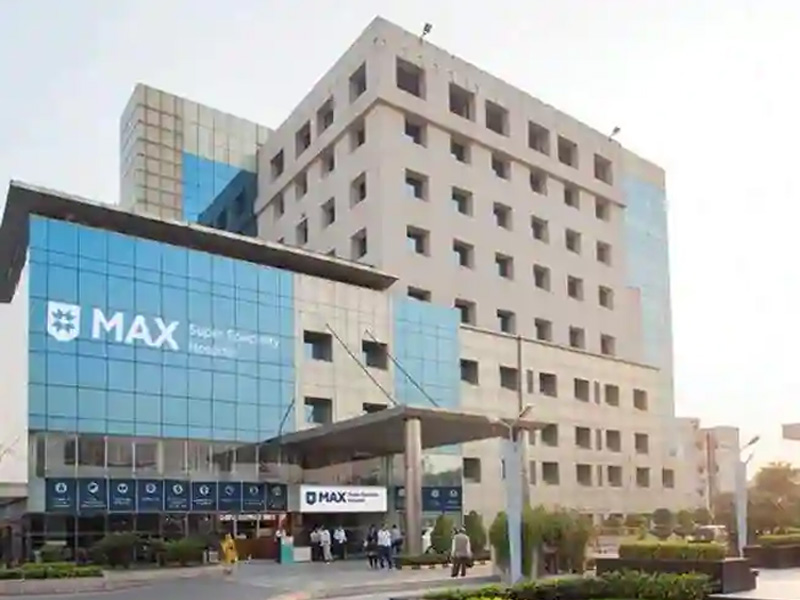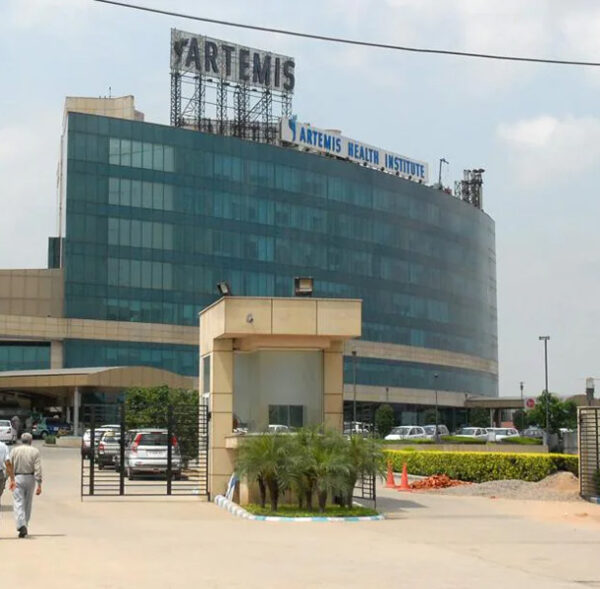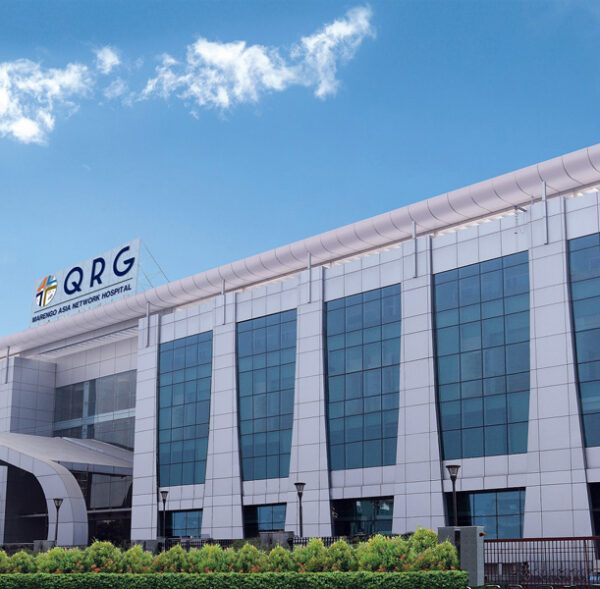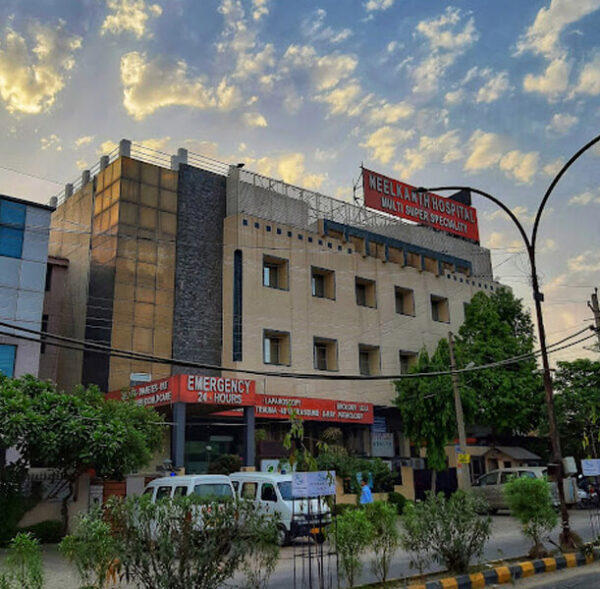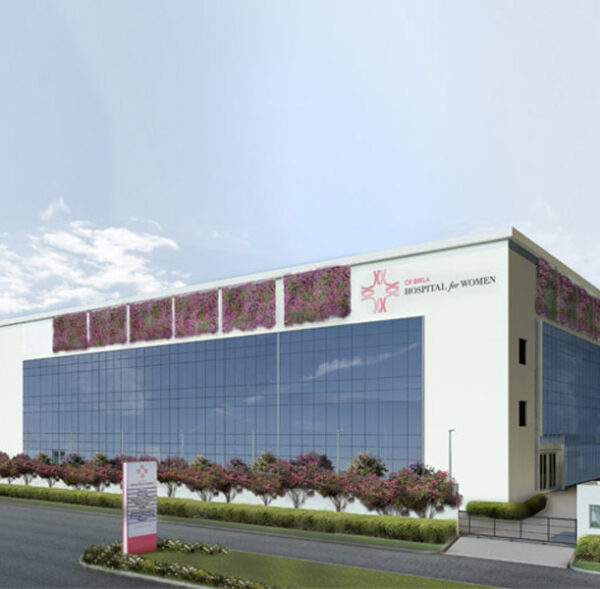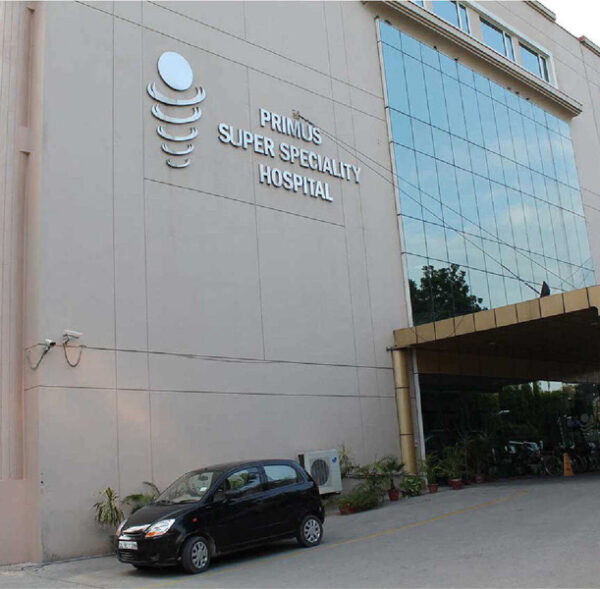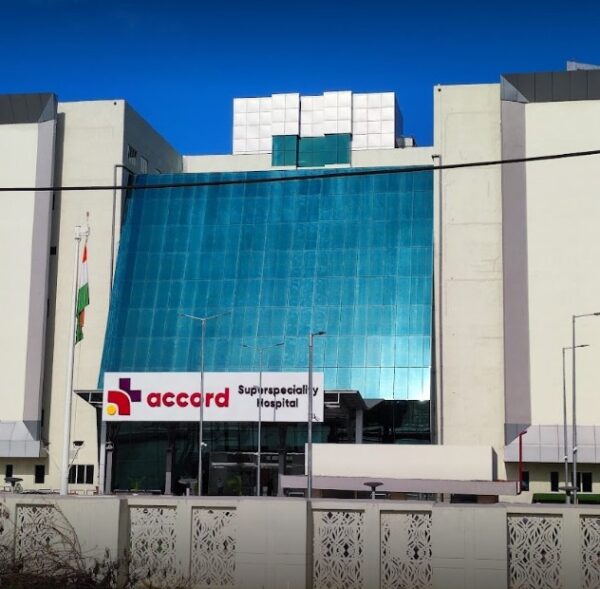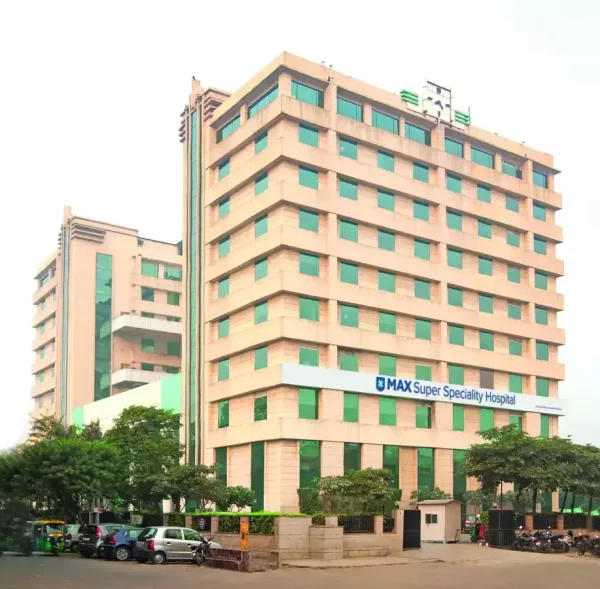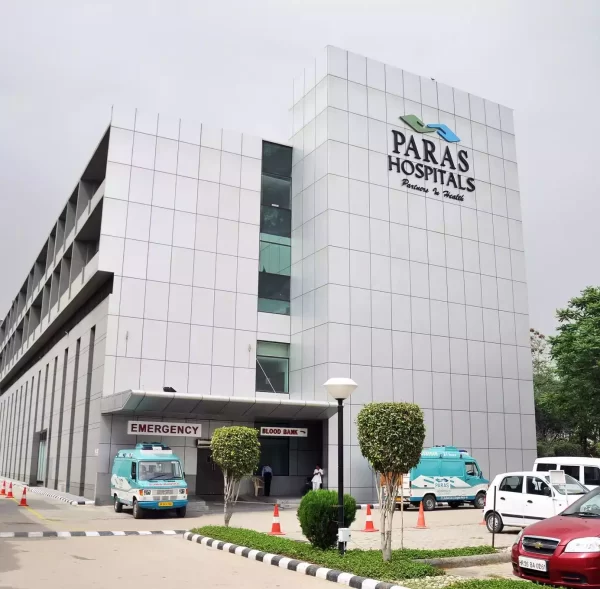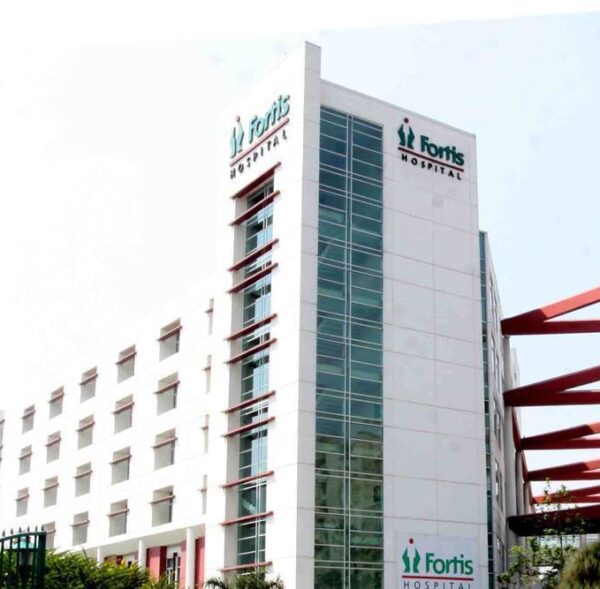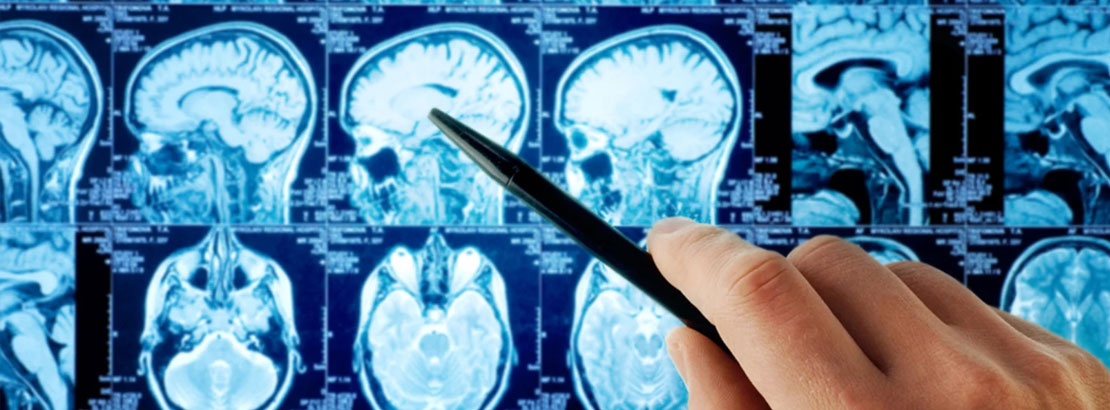
Brain Tumors: Types, Diagnosis, and Treatment in India
Introduction to Brain Tumors
Learning that you or a loved one has a brain tumor is overwhelming, and it's natural to have many questions about what comes next. From understanding what a brain tumor is to finding the best treatment options, navigating this journey can be challenging. Fortunately, advances in medical care offer hope, and India is becoming a global leader in providing affordable, high-quality brain tumor treatments. With its state-of-the-art technology and highly skilled neurosurgeons, India offers comprehensive treatment options that rival the best hospitals worldwide.
What is a Brain Tumor?
A brain tumor is an abnormal growth of cells within the brain that can disrupt normal brain function. Some tumors grow slowly, while others can spread rapidly and affect other parts of the body. Brain tumors can be:
